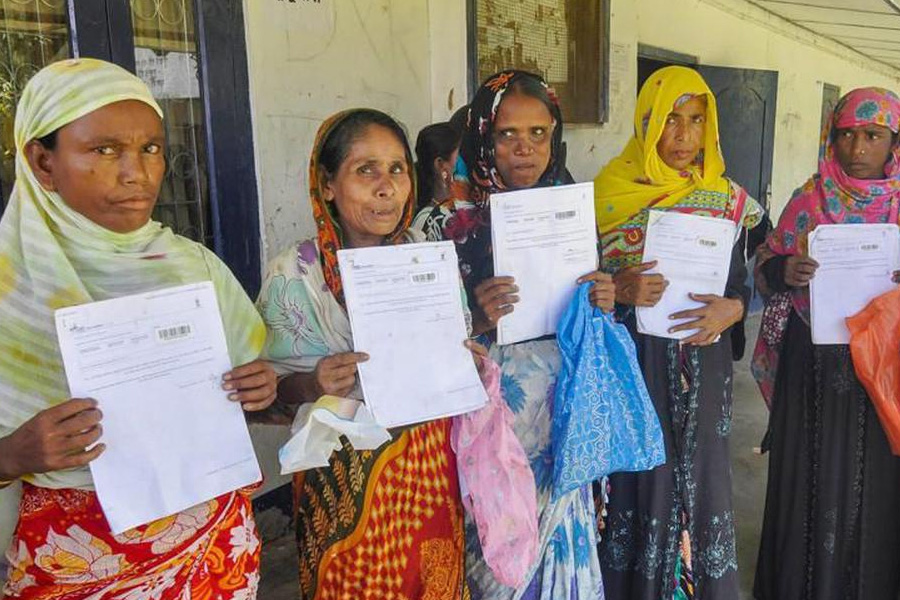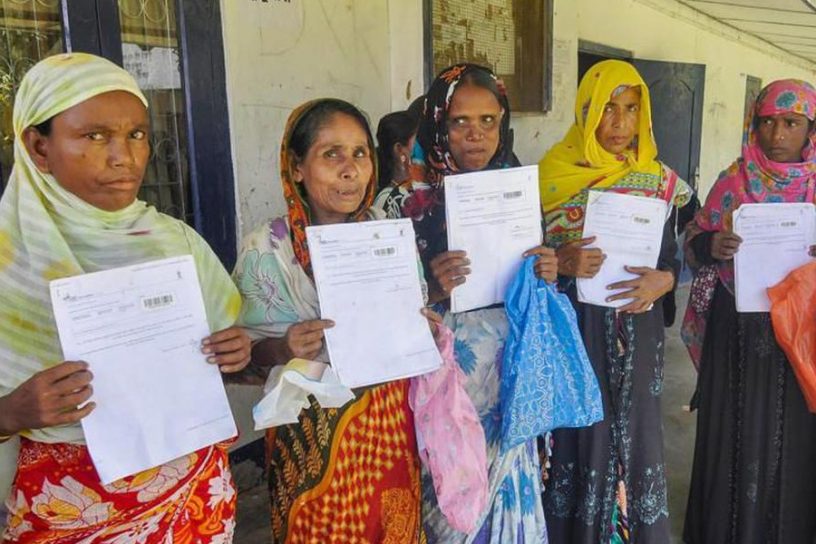
The researchers draw on the case of Assam for its potential to predict the implications and consequences of a pan-national register of citizens and the threat of detention, deportation, and large-scale rendering of statelessness for those excluded from the drafts.
Authors
Sugandha Nagpal, Assistant Professor, Jindal School of International Affairs, O.P. Jindal Global University, Sonipat, Haryana, India.
Amrita Hari, Institute of Women’s and Gender Studies, Carleton University, Ottawa, Canada.
Summary
The threat of statelessness has the potential to be realized anew in India with the announcement of the impending National Register of Citizens (NRC). It has propelled this populous democracy once again into controversy.
The importance of this announcement in conjunction with the 2019 Citizenship Amendment Act (CAA) cannot be overstated.
We draw on the case of Assam for its potential to predict the implications and consequences of a pan-national register of citizens and the threat of detention, deportation, and large-scale rendering of statelessness for those excluded from the drafts.
We stress the need for India to take incremental steps to establish transparent procedures and a clear trajectory for persons rendered stateless in situ by this state project.
Published in: Contemporary South Asia
To read the full article, please click here.


